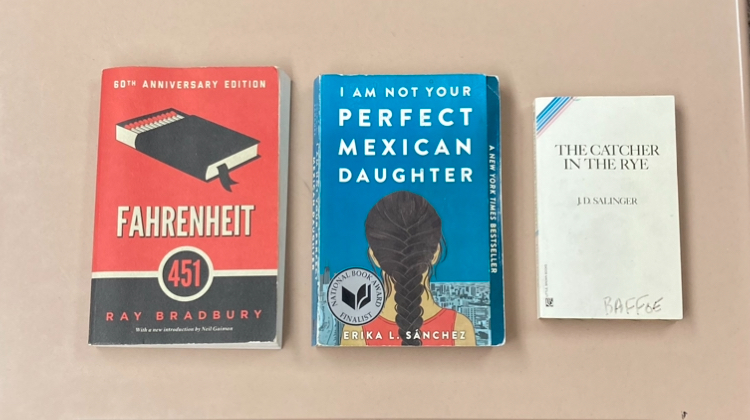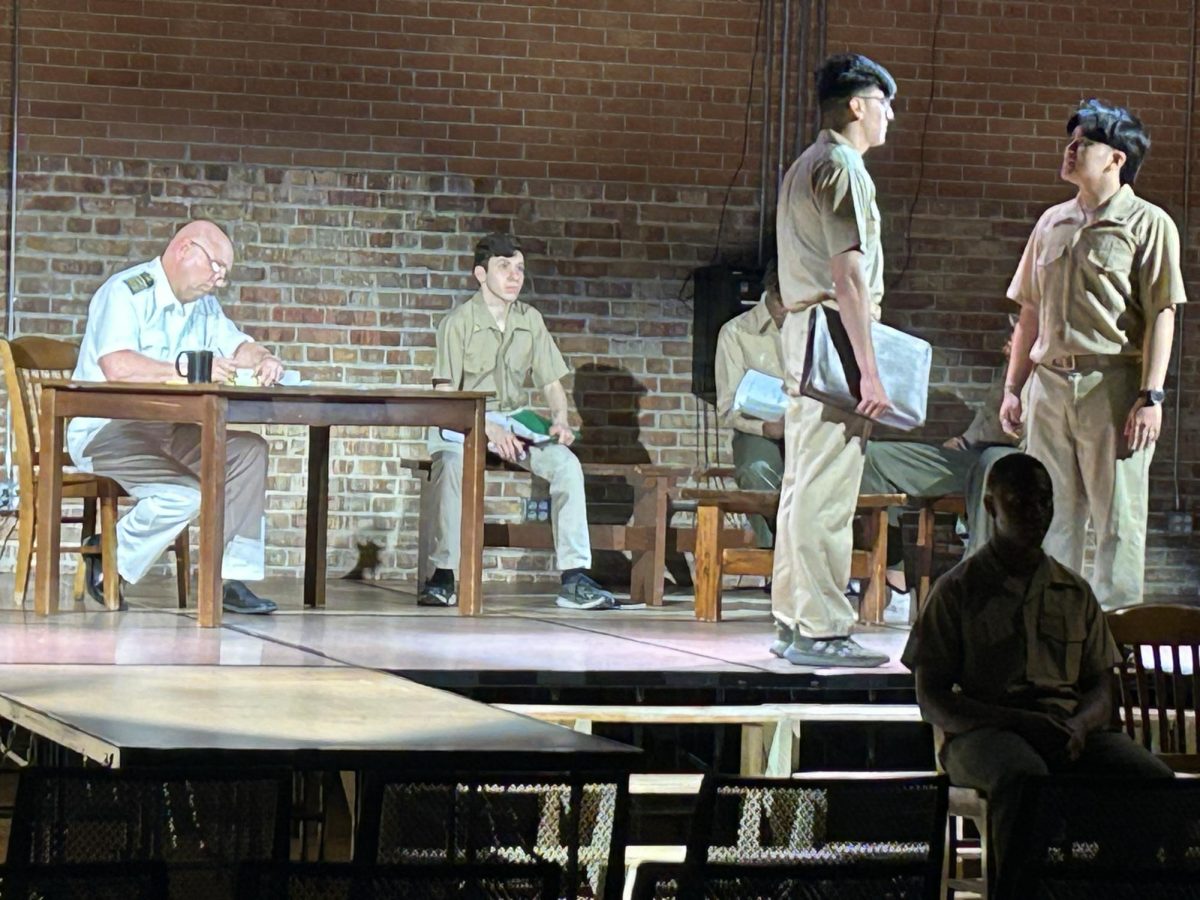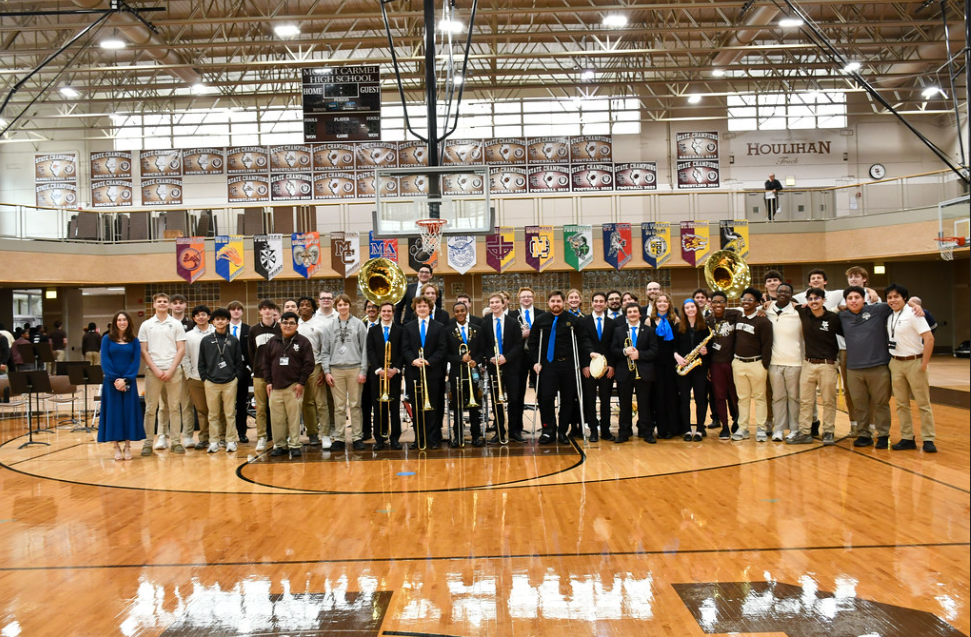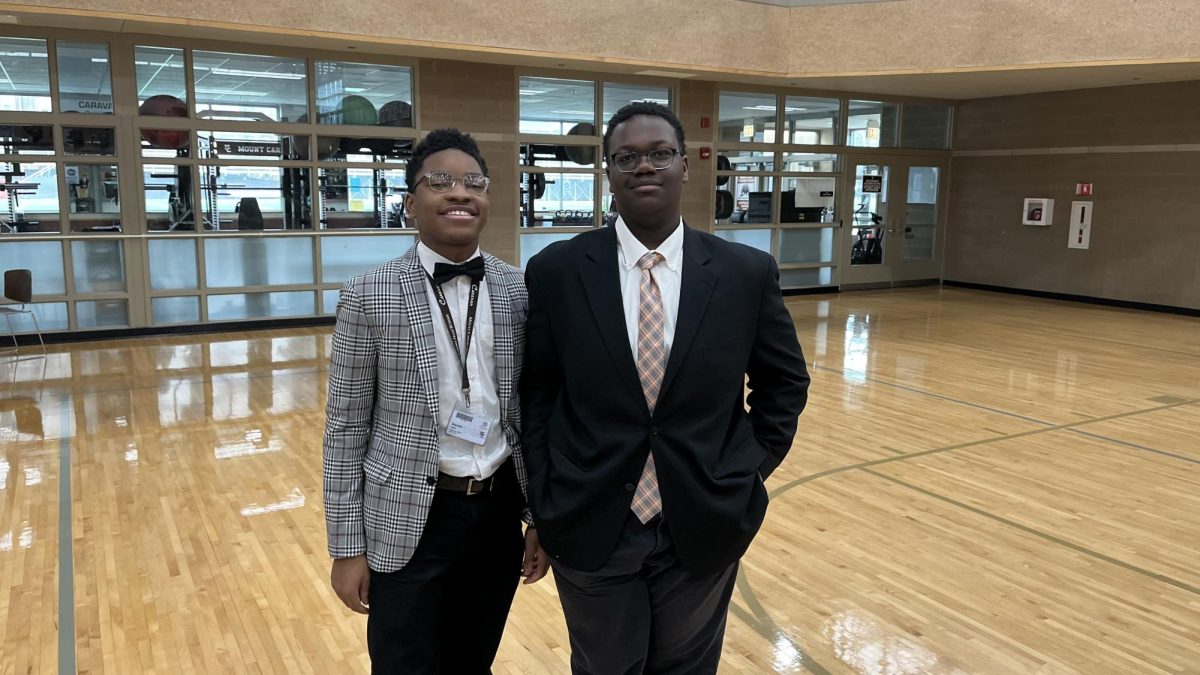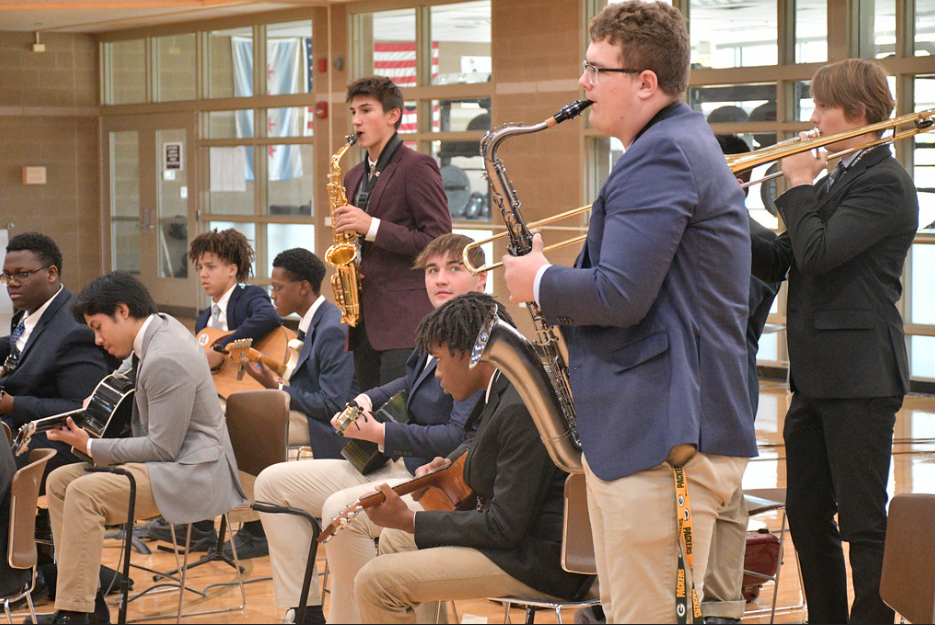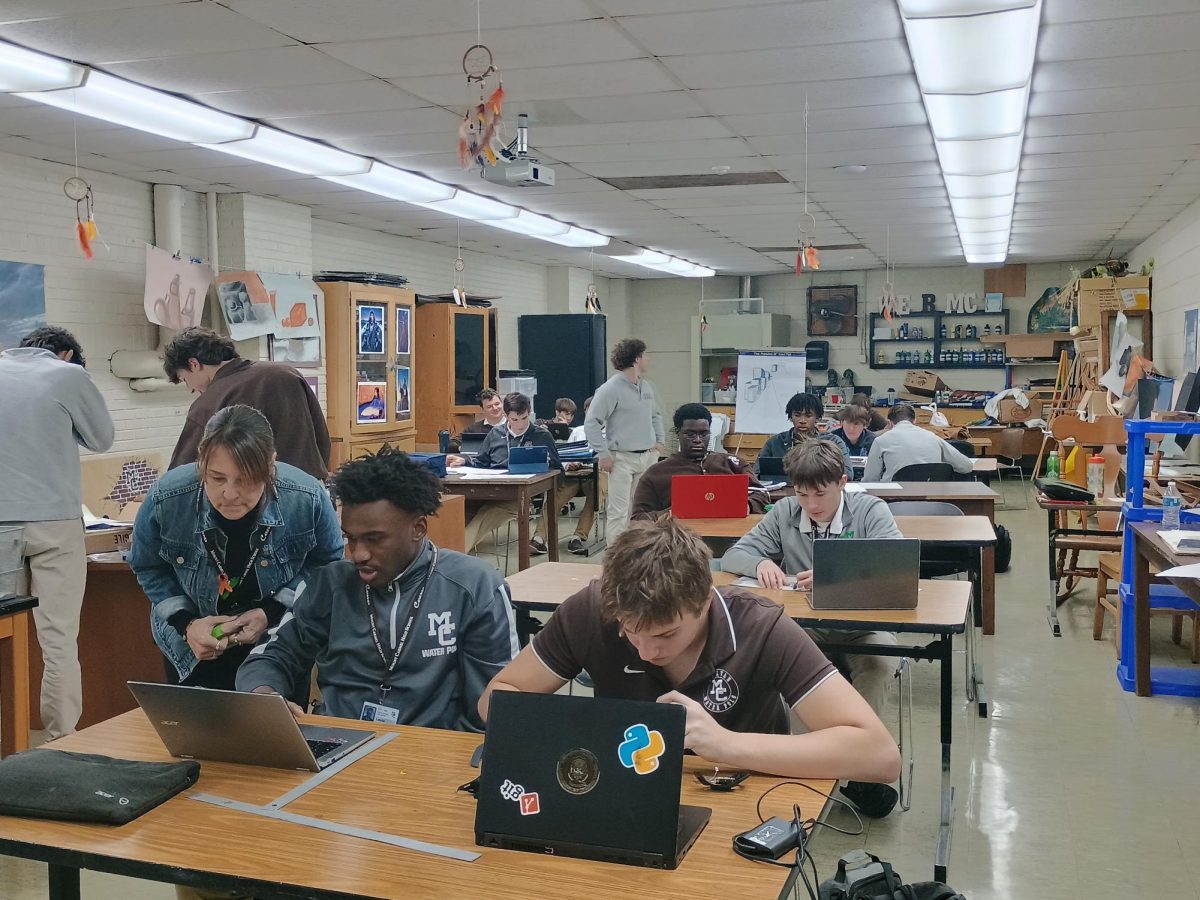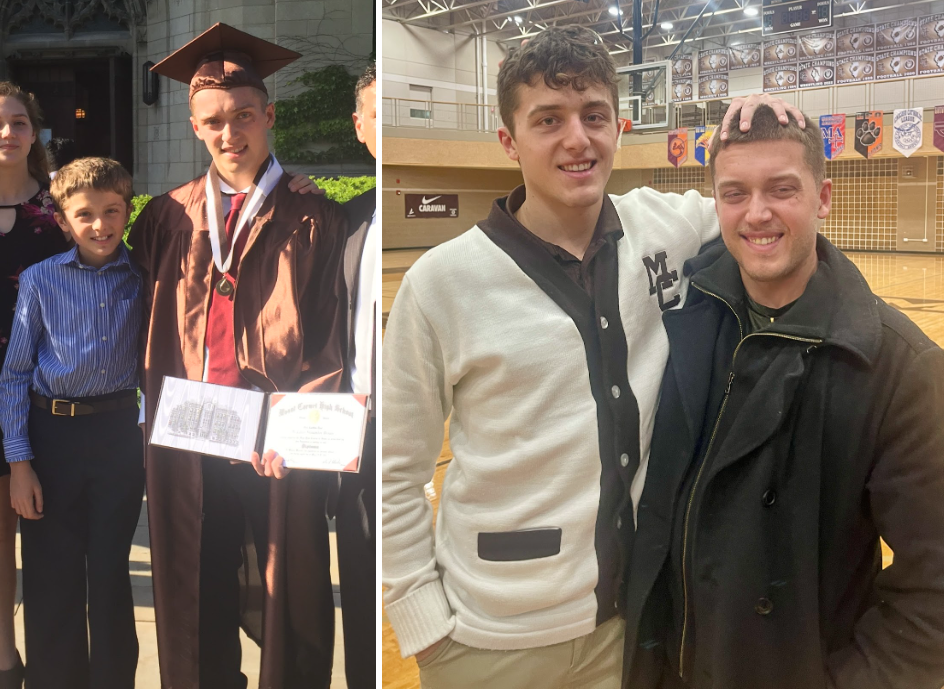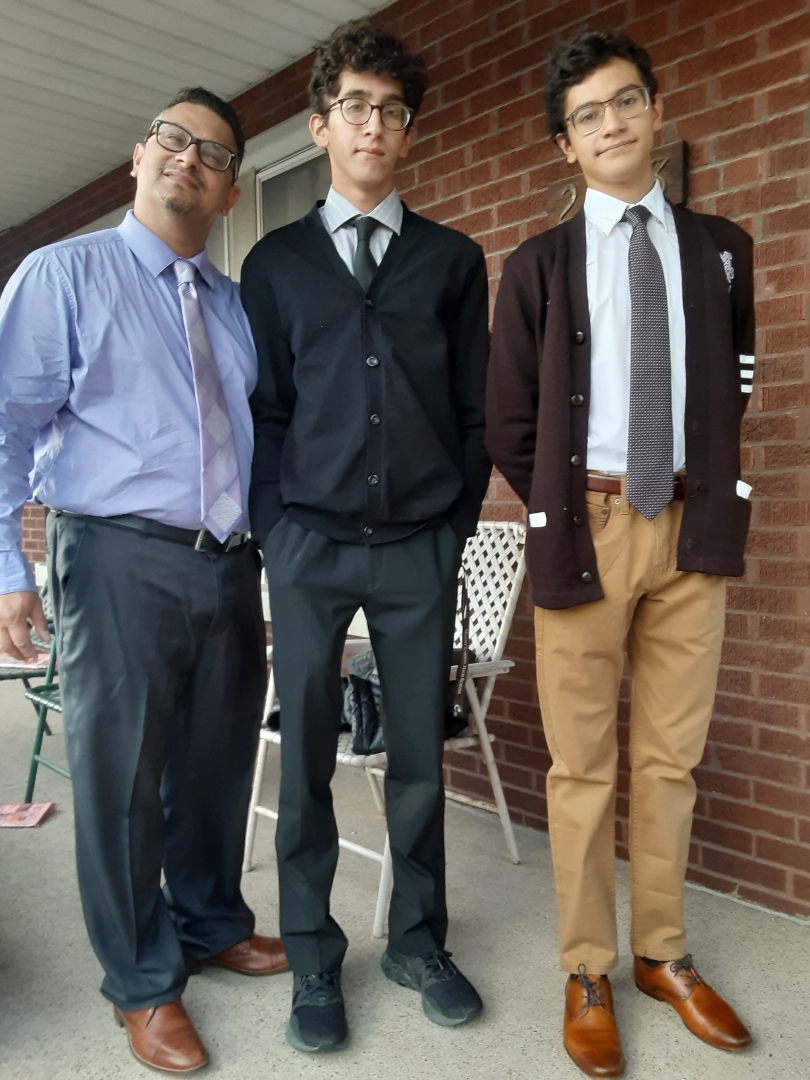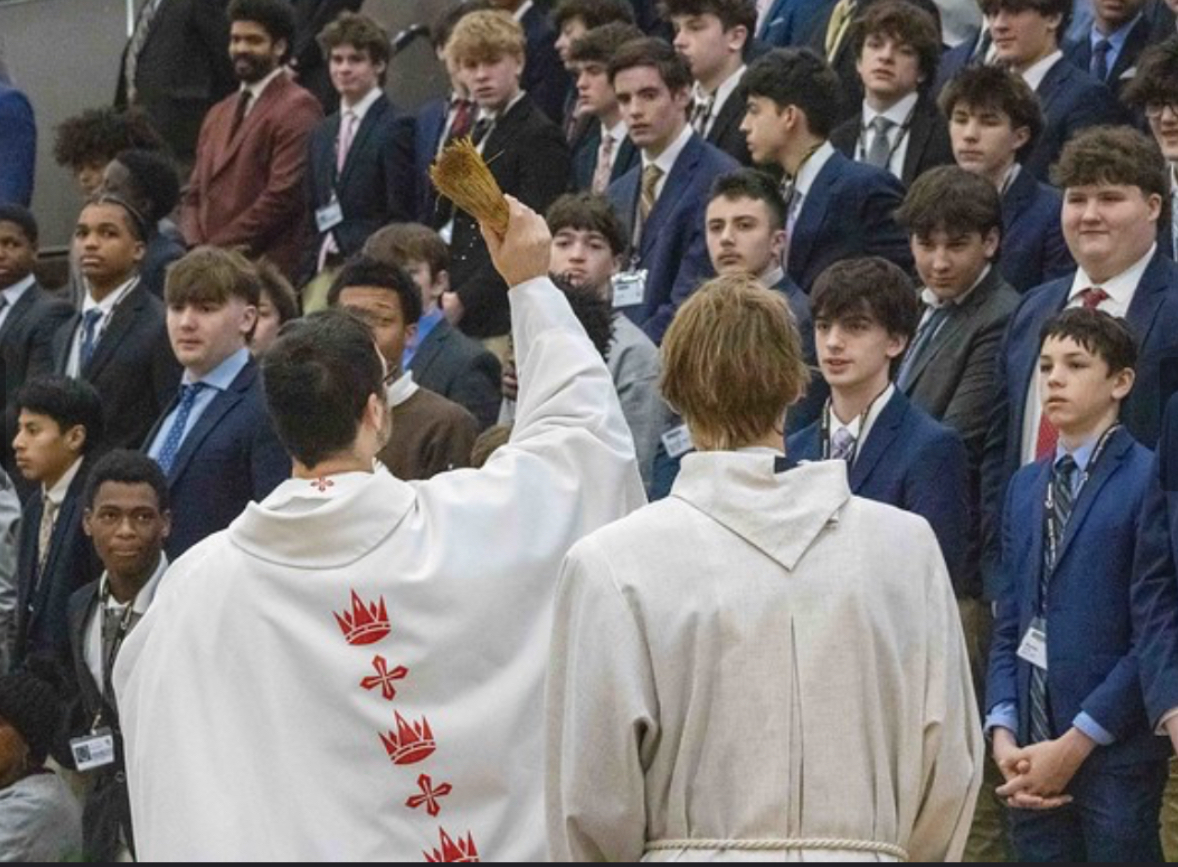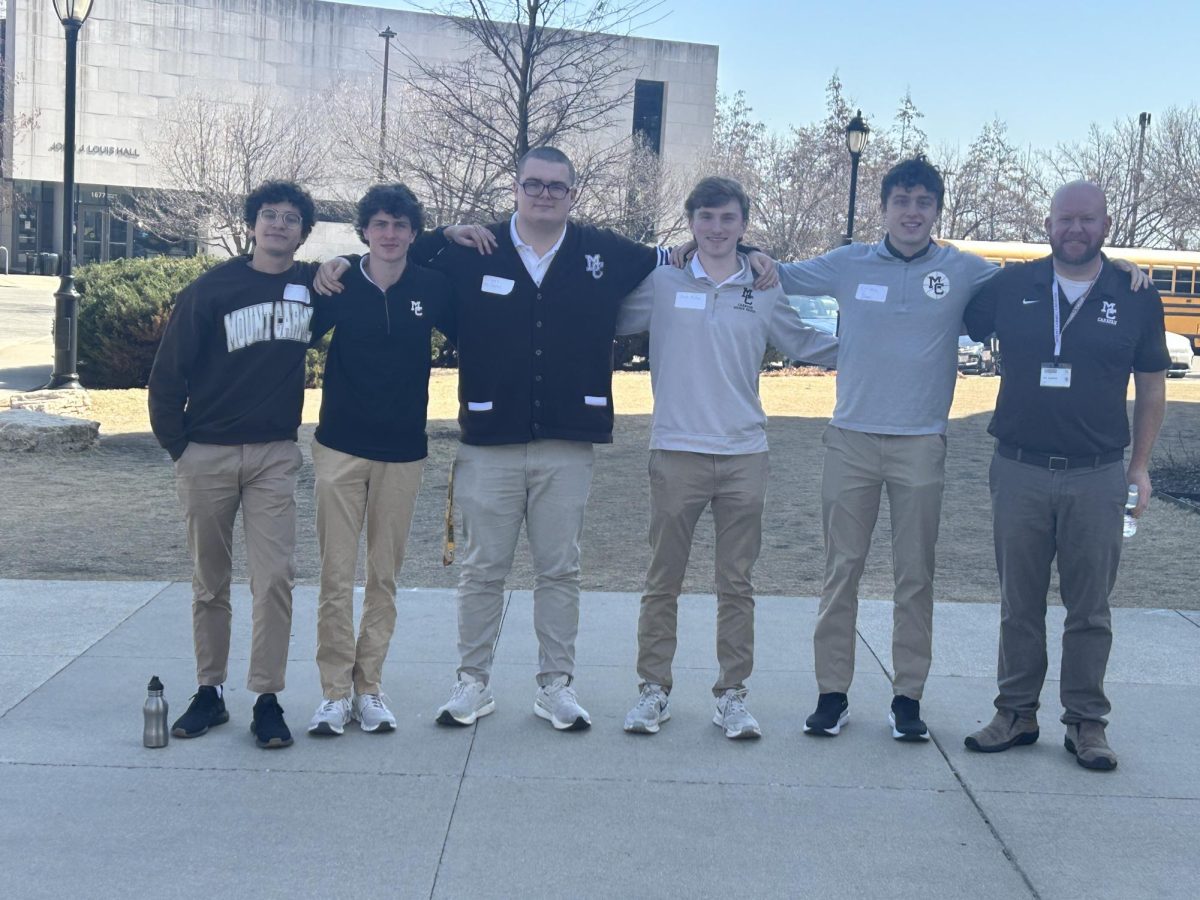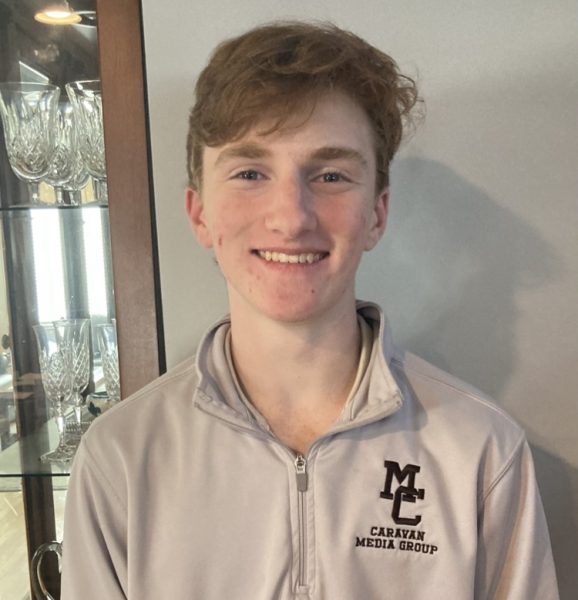Words are more powerful than actions. They can hurt more than a punch to the stomach while at the same time can be more comforting than a hug.
Literature is important, and what’s even more important is how it is presented to students.
Across the nation, there has been an uptick in schools and libraries banning books because they might include offensive language or topics of racism or sexual content. Instead of dismissing these books, teachers at Mount Carmel use them as learning opportunities in the classroom. The use of banned books at MC gives students more opportunities to learn from diverse perspectives and improve in school.
Some teachers and parents in the US believe banning books is a good thing for high school students because the topics in those books shouldn’t be discussed in the classroom.
However, high school is a time when students begin to learn about these topics first hand. If they aren’t brought up in the classroom, students will learn about them anyway through social media or personal experiences without the guidance of a professional educator.
“I like to teach them on purpose,” said English teacher Ms. Jennifer Ramirez. “The cultural diversity that can be found in banned books allows students to learn about things they may have not experienced yet. They can take the events in a banned book and relate them to their own lives, which overall benefits them a lot.”
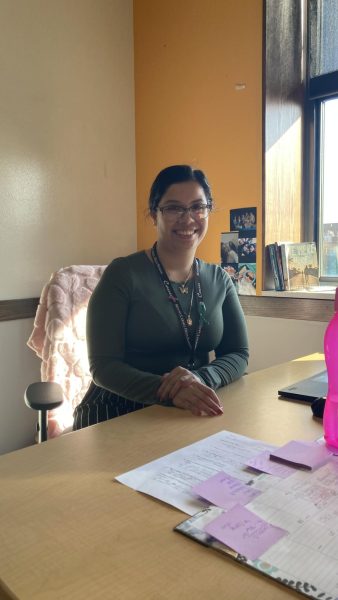
Ms. Ramirez currently uses books such as “Fahrenheit 451” by Ray Bradbury, “We Were Here” by Matt de la Peña, “The Hate You Give” by Angie Thomas, “American Born Chinese” by Gene Luen Yang, and “The Absolutely True Diary of a Part-Time Indian” by Sherman Alexie, all of which have met some kind of challenge or banning in America, in her sophomore and senior English classes. These books have been challenged for multiple reasons.
For example, “Fahrenheit 451,” a staple in high school classrooms across the country for decades, was banned because some people thought it was too graphic and included adult themes that kids shouldn’t have been reading about. One parent complained that the book should be banned because it included graphic material such as smoking cigarettes, violence, and a character being drunk.
If a high school student never reads a book in class that includes graphic or controversial material, they’ll learn about it somewhere else such as the internet or through personal experiences. The classroom is a place where a teacher can introduce these topics in a responsible manner and a student can learn about adult material in a safe environment.
Ms. Ramirez isn’t the only teacher at MC that uses banned books in class.
“I use banned books partly because I like the stories,” said English teacher Mr. Brooks Nevrly. “But they also teach students about entering a conversation and having an opinion. I feel like my class is a pretty neutral place to do so.”
Mr. Nevrly has used challenged books such as “The Catcher in the Rye” by J.D. Salinger and “No Country for Old Men” by Cormac McCarthy in his classes.
“Obviously there’s a line I can’t cross as a teacher,” said Mr. Nevrly.
Extremely graphic and inappropriate material obviously shouldn’t be used in a classroom setting, but as long as the book is okay for an adolescent or teenager to read outside of class, why shouldn’t they be able to read it for one?
“Here at MC it’s an all boys school,” said Mr. Nevrly. “Some people may not want to talk about certain topics such as sexuality, but this is an important time for them to learn about topics such as that.”
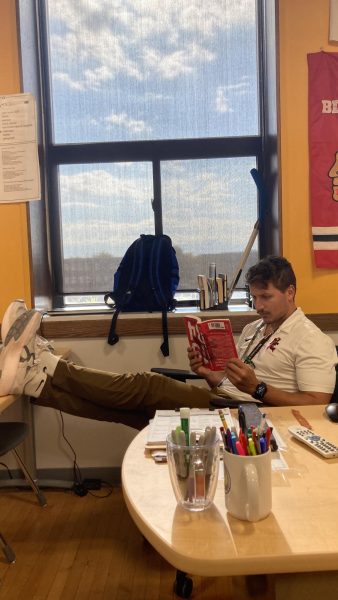
A large reason as to why books are banned is because they include information or stories about sexuality. If you restrict a highschooler from learning about this in a class, they might lack basic knowledge about it outside of school.
“I personally don’t find it inappropriate to talk about sex or sexuality in a class at my age,” said junior Leonard Siegal. “High school is when most kids learn a lot more about themselves. As long as the class I’m in isn’t pressuring me into believing a certain opinion and I’m able to hold my own beliefs on the subject, I don’t see why banned books shouldn’t be used.”
Siegal is one of many juniors who read multiple books that have been challenged or banned last year in Mr. Tim Baffoe’s Honors English 2 class, such as “I Am Not Your Perfect Mexican Daughter” by Erika L. Sánchez and “A Raisin the Sun” by Lorraine Hansberry, two writers from Chicago.
“If there’s ever a time where a kid in my class doesn’t have a question, I feel like I’ve failed as a teacher,” said Mr. Nevrly. “I want my students to be curious and learn more about things outside of their reach. I want them to make that jump to learn more. If that leap is to learn about serious topics more suitable for someone older, I think that’s okay because it makes it difficult. Learning about opinions and arguments shouldn’t be easy.”
Reading banned books isn’t primarily reading just for that mature material. It’s about interpreting that material and trying to understand what it means. Being curious is beneficial for students. It makes them more excited to learn, and gives them the opportunity to make their own opinions and arguments.
“Limiting someone’s voice or opinion is wrong,” said Ms. Ramirez. “What’s not wrong is allowing people to learn about serious issues. [Reading] banned books is a great way to do that.”
Learning about current situations we see in the world today shouldn’t be reserved for adults. Usually when a student graduates high school they are a legal adult and go off to college or the workforce. High school is a great time to learn about issues and topics one will see when they go off into the real world.
If students never read anything that make them truly think and understand the world around them, they won’t have the necessary knowledge and information to hold an opinion or make an argument. Books that have been banned often allow students to learn and improve their skills in school.

